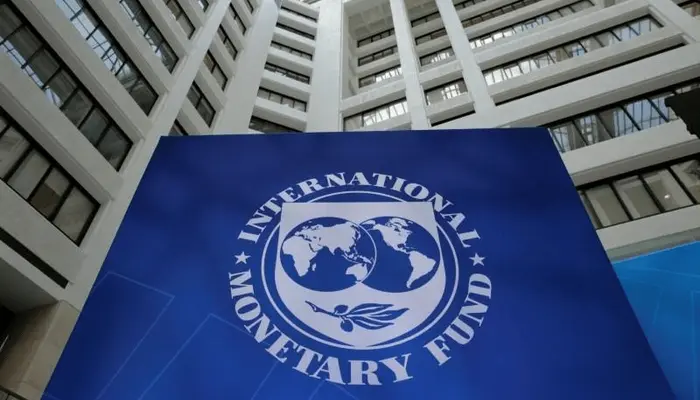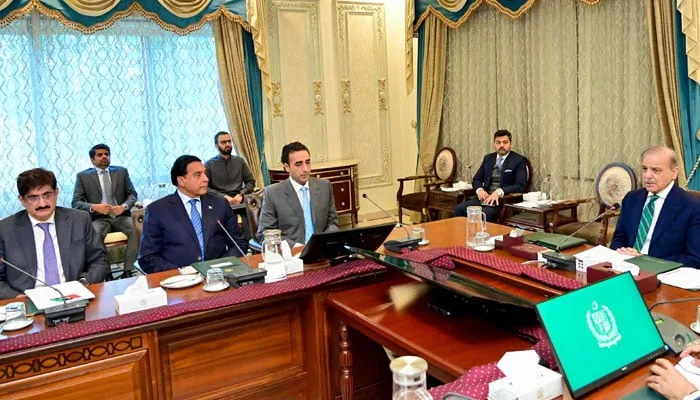
The International Monetary Fund (IMF) has urged Pakistan to take immediate action to reduce its circular debt, a major financial challenge for the country. During ongoing discussions, both sides held a special session focused on debt management. Pakistan informed the IMF that it is implementing a strategy to reduce circular debt by Rs. 1,250 billion, including the settlement of Rs. 300 billion in liabilities.
Government’s Strategy to Reduce Circular Debt
To tackle the issue, the government plans to borrow Rs. 1,250 billion from banks and waive late payment surcharges worth Rs. 600 billion. Officials are also considering a Rs. 2.8 per unit electricity surcharge to generate additional revenue. A detailed plan is being finalized and will be reviewed in upcoming policy discussions.
In the last six months, Pakistan has managed to decrease circular debt stocks by Rs. 10 billion. However, with electricity demand expected to rise in the coming months, the financial burden could increase. Earlier projections estimated an additional Rs. 350 billion in circular debt by the end of the fiscal year.
Read: Dengue Outbreak Threatens Pakistan After Heavy Rains
No Mini-Budget, Alternative Measures Planned
Instead of introducing a mini-budget for the fiscal year 2024-25, the government has adopted an alternative strategy to bridge a Rs. 605 billion shortfall. One key approach involves expediting the resolution of pending tax-related cases to recover much-needed funds.
Prime Minister Shehbaz Sharif has assured full government support for this initiative. Chief Justice of Pakistan Yahya Afridi has also approved a request to fast-track hearings, which could speed up tax collections. The IMF has been briefed on these measures, and a crucial Supreme Court hearing on the matter is scheduled for March 10.
Challenges Ahead
Although the government is taking steps to reduce circular debt, concerns remain. Rising electricity demand and increasing costs may offset recent progress. The decision to impose a surcharge on consumers could also face public resistance, as it may lead to higher electricity bills.
The upcoming IMF policy review will determine whether Pakistan’s debt reduction plan is sufficient to meet the lender’s requirements. With no mini-budget planned, success will depend on how quickly the government can resolve tax disputes and improve revenue collection.
Economic Stability at Stake
Pakistan’s economic stability relies heavily on controlling circular debt, securing IMF support, and implementing effective financial policies. The next few weeks will be crucial in determining whether the government’s strategy can successfully address the debt crisis while maintaining public confidence.
Follow us on Google News, Instagram, YouTube, Facebook,Whats App, and TikTok for latest updates












